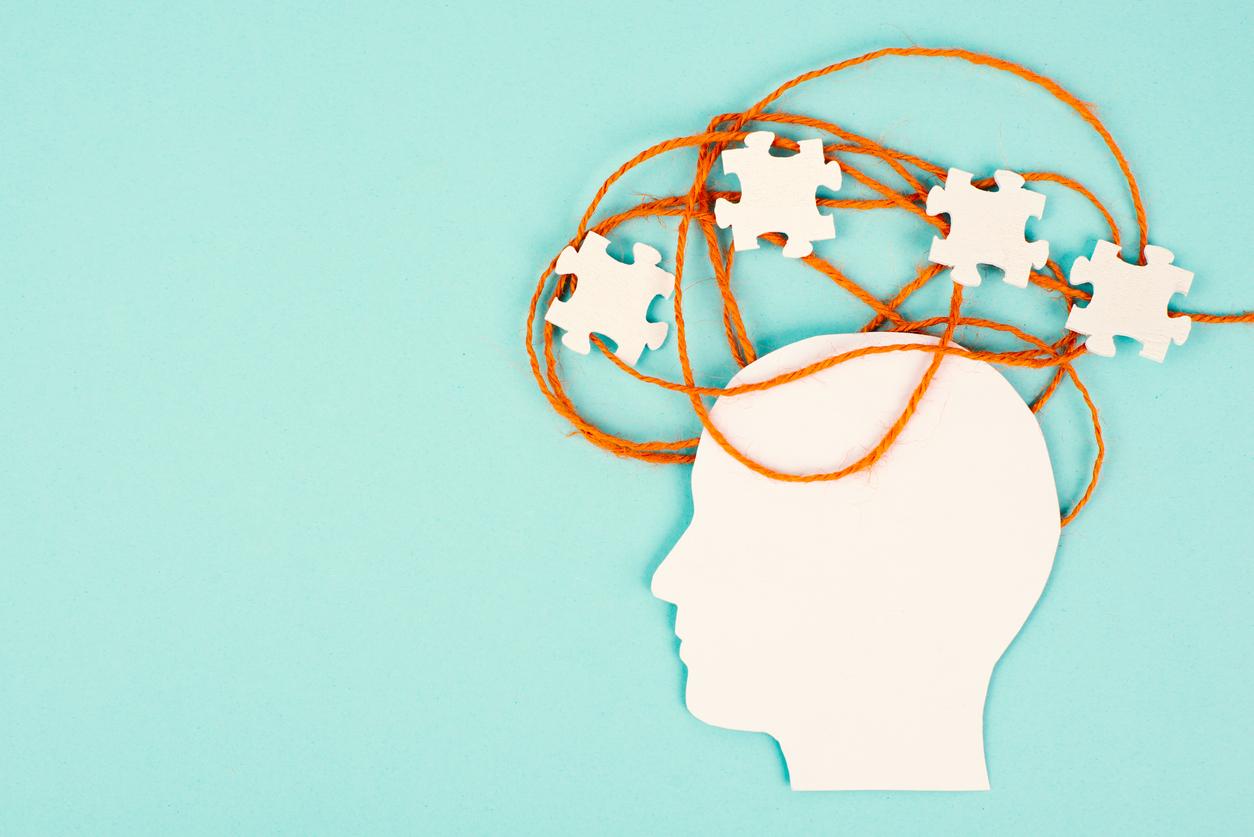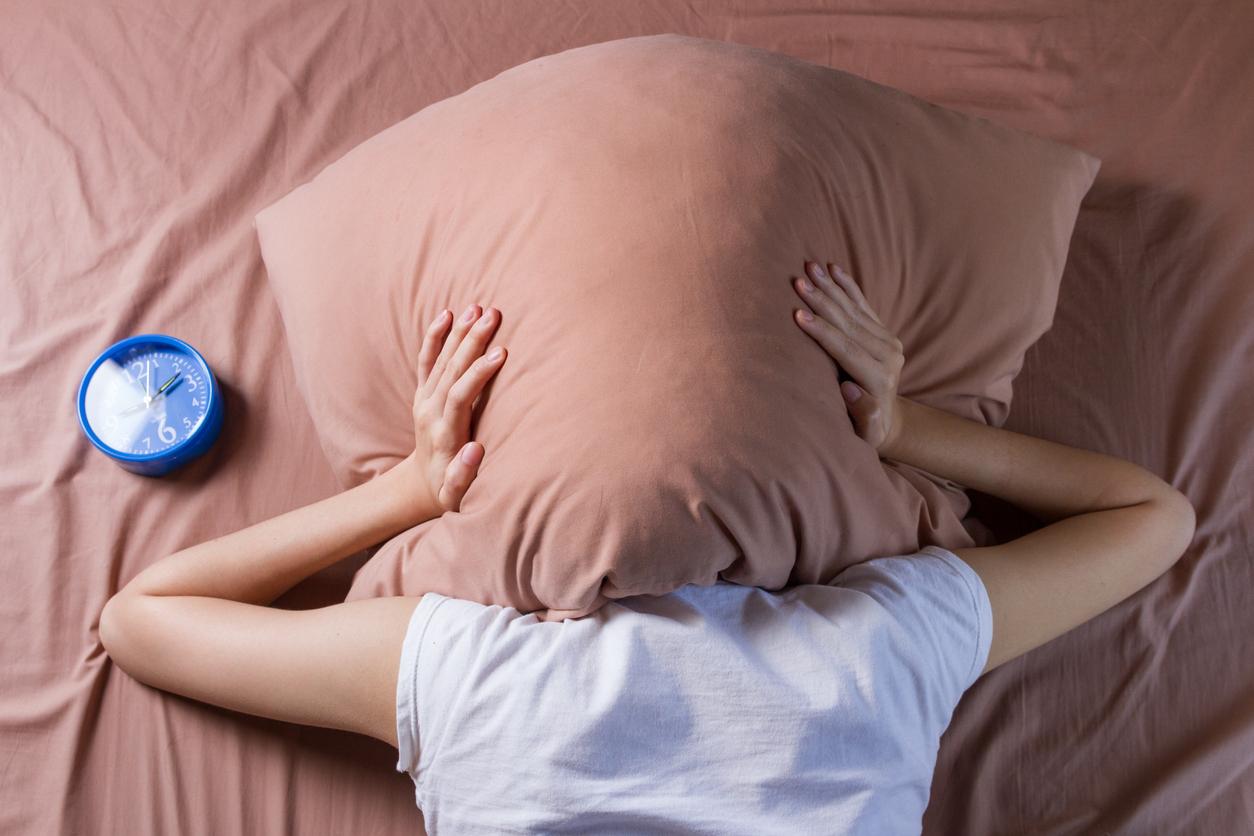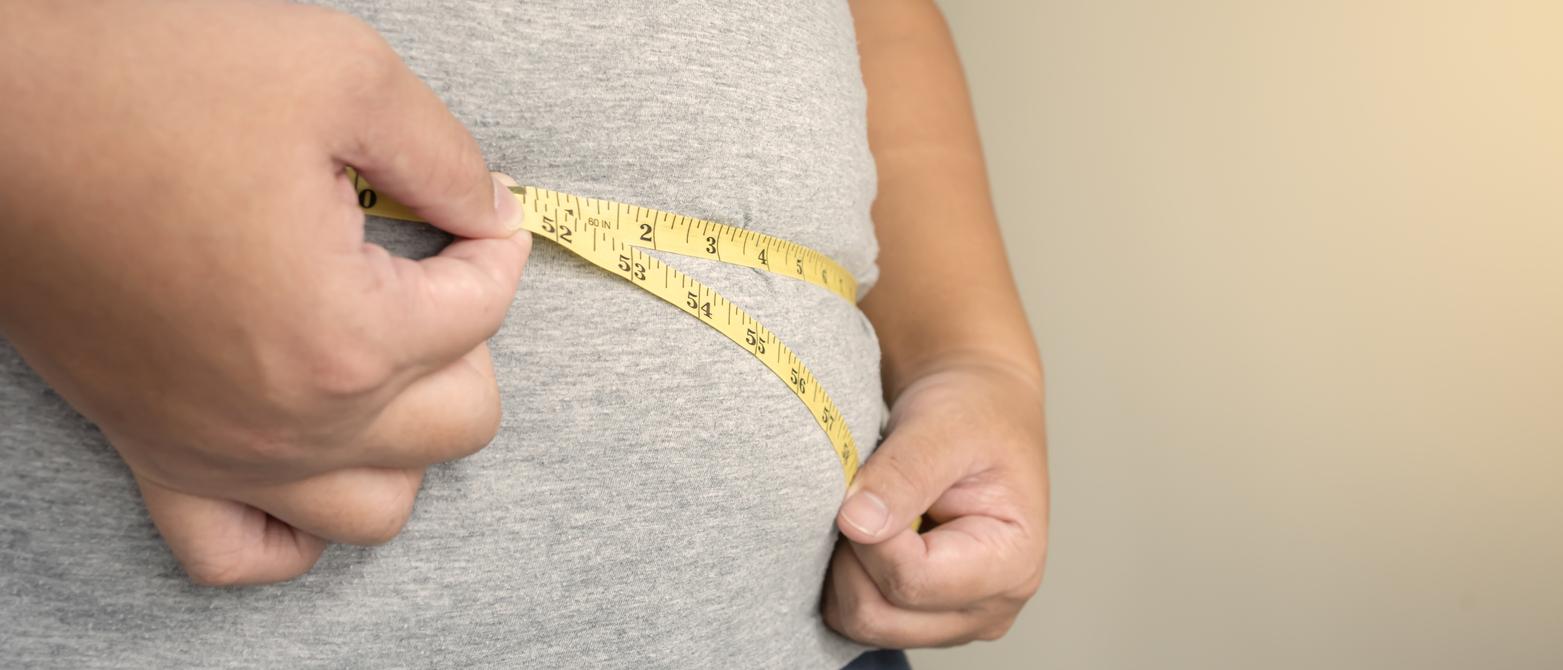Inserm researchers have identified a hormone, FGF19, which increases muscle strength by making fibers grow.

Losing muscle mass can quickly become a problem, especially in older people. In addition to the reduction in strength, which can prove to be a handicap on a daily basis for small tasks that seem harmless – opening a bottle or a jar -, it is a risk factor for falls.
It is therefore important to maintain a maximum of this mass. A discovery made by a French laboratory of the National Institute of Health and Medical Research (Inserm) could provide a solution.
Secondary discovery
Researchers identified a gut-produced hormone known as fibroblast growth factor 19 (FGF19), which increased the size of human muscle cells in the laboratory, and increased muscle mass in mice. . They publish their results in the Nature Medicine June 26.
This hormone is originally known for its role in the regulation of glucose. By studying its effects on metabolic diseases like type 2 diabetes, scientists showed that mice treated with FGF19 for 7 days fed more than others, but gained less weight and fat.
Inflatable
Upon closer inspection, they observed an increase in skeletal muscle mass and rodent strength. Their muscle fibers had grown. A consequence of the treatment which has been verified in the laboratory, on human cells.
Hope for treatment for the elderly. But these are not the only ones concerned: certain chronic diseases such as obesity, renal failure or cancer induce a loss of muscle mass, which it is not always easy to control. Immobilizations, after accidents or surgeries, have the same consequences.
For all of these people, FGF19 could represent an interesting therapeutic weapon. Inserm researchers, associated with those from the National Institute for Agronomic Research (INRA), also think that it could be integrated into animal husbandry.
Cognitive abilities depend on muscle mass
In addition to reducing the number of falls, maintaining muscle mass in the elderly would limit the decline in cognitive abilities. This is the result of a study carried out on 338 people, aged 66 on average, by researchers at the University of Eastern Finland, the results of which are published in the journal European Geriatric Medicine.
During their experiments, they noticed that the more muscular people were, the less their cognitive abilities declined with age, with areas where the importance of musculature was greater. In particular, those used by bench presses and rowing sessions (pectorals, shoulders, back), and leg exercises (flexion, extension, press) presented a stronger association.
In contrast, the classic measure of muscle strength, grip, is not associated with a change in cognitive abilities.
It is difficult to know at this stage which of the musculature itself or the physical exercise is responsible for these benefits on the brain. But researchers are encouraging more research on the links between brain and physical capacities.
.

















